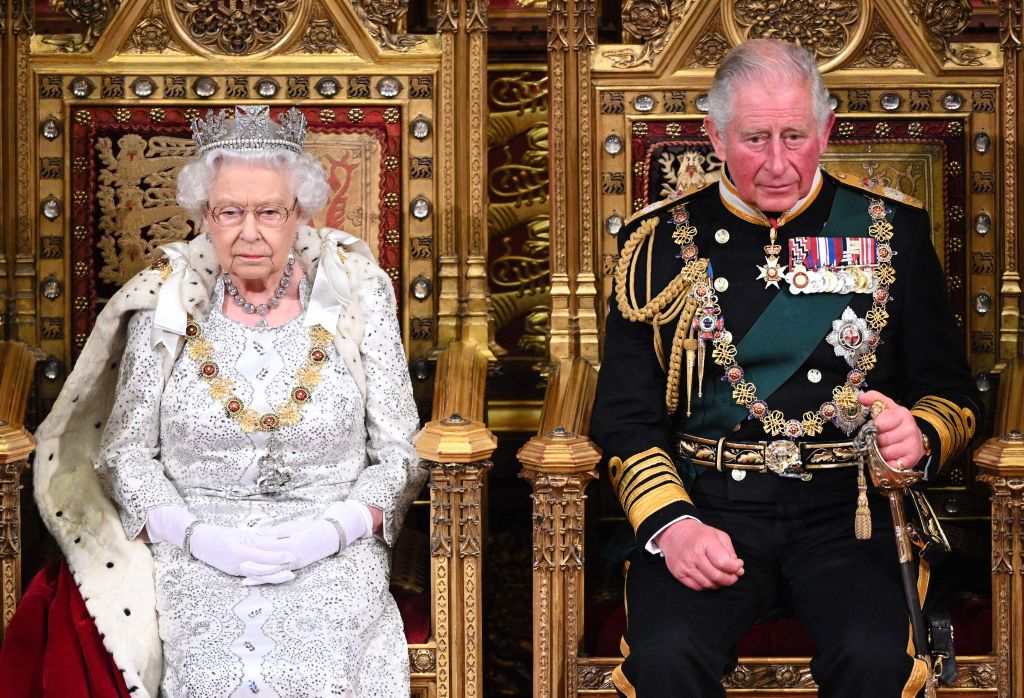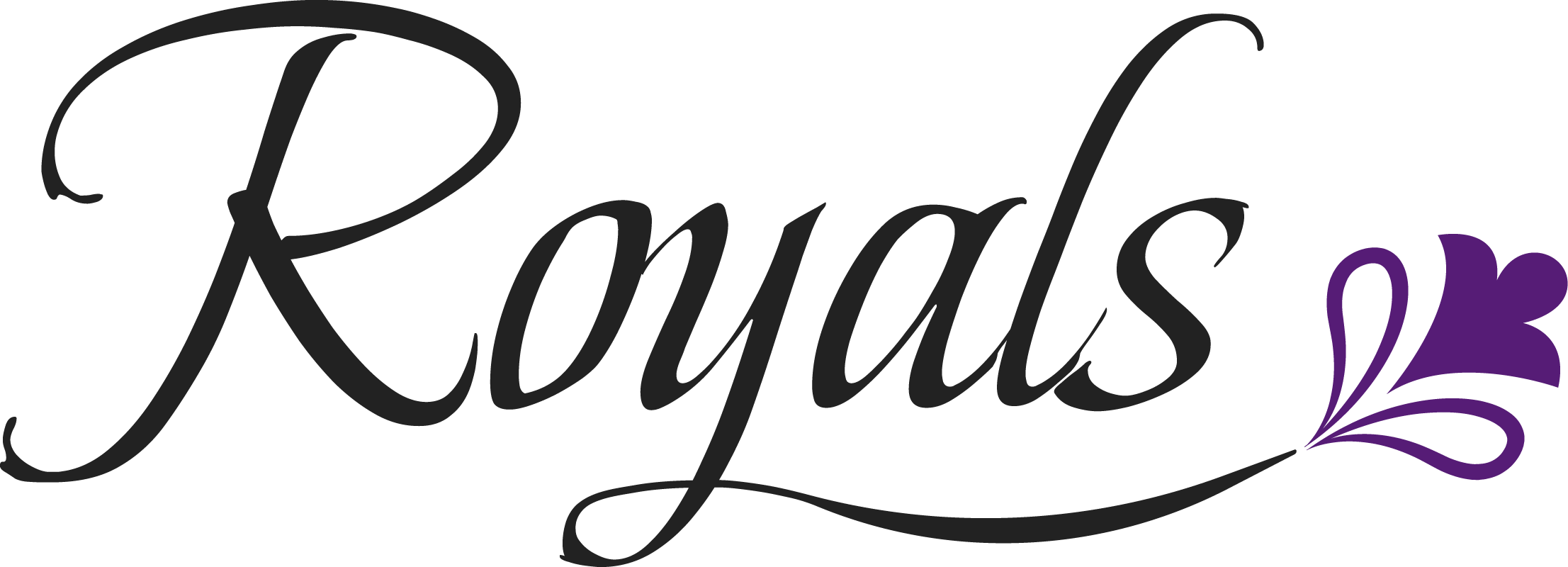Queen Elizabeth Has Stepped Back From Royal Duties Will Prince Charles Be Named Prince Regent?
It could be several months before Queen Elizabeth returns to her royal duties amid the coronavirus pandemic. Her Majesty has been living in isolation with Prince Philip at Windsor Castle during the current crisis, and there is no telling when it will be safe enough for her to return to Buckingham Palace. If Queen Elizabeth cannot fulfill her royal duties, will Prince Charles be named Prince Regent?

Queen Elizabeth isolates during the pandemic
Every year, Queen Elizabeth spends the Easter holiday at Windsor Castle with other members of the royal family. Due to the coronavirus pandemic, Her Majesty headed to Windsor Castle a few weeks early and is scheduled to remain there until the risk is reduced.
Like other senior members of the royal family, Queen Elizabeth has postponed all of her upcoming events. This includes some of her favorite royal engagements of the year, including Trooping the Colour, the Braemar Gathering in Scotland, and the summer garden parties.
Queen Elizabeth has canceled these events to comply with government orders against large gatherings and to decrease the chances of contracting the virus. Back in March, Prince Charles confirmed that he had gotten the coronavirus, though he thankfully only suffered mild symptoms.
Considering how Her Majesty just turned 94 years old, the royals are doing everything in their power to keep her healthy. If a COVID-19 vaccine does not come quickly, the chances of Queen Elizabeth remaining out of the royal spotlight are very high.
Prince Charles increasing his royal responsibilities
Depending on how the current crisis developments, some royal experts think it will be a long time before Queen Elizabeth returns to her normal duties. According to Express, royal expert Andrew Morton believes that there is a good chance Queen Elizabeth will never be able to fulfill her royal duties because of the pandemic.
“It’s terribly sad but I can’t see how the Queen can resume her usual job,” he shared. The COVID-19 virus isn’t going away soon and will be with us for months, if not years.”
Morton added that the risk of Queen Elizabeth contracting the virus in public is too high for her to start meeting people. Although Her Majesty has always enjoyed social events, Morton argued that she simply cannot “take the risk.”
“How can she carry out investitures, meet ambassadors, do walkabouts and visit places without meeting people at close range?” he added.
Other members of the royal family have been stepping up in the Queen’s absence. Over the past few weeks, Charles, Prince William, and Kate Middleton have all increased their visibility on social media.
While Queen Elizabeth is still the reigning monarch, Morton is convinced that Charles could be asked to step up in an even bigger way in the coming months.
Will Queen Elizabeth name Prince Charles Prince Regent?
At 71 years of age, Charles is also in the high-risk group of suffering severe symptoms from the coronavirus. But he may have immunity now that he has contracted the virus and gotten over it.
The verdict is still out on that front, but it would make it much safer for Charles to resume his royal duties in the coming months. If that happens, then there is a chance that Queen Elizabeth steps down and names Charles Prince Regent.
As Prince Regent, Charles would take charge of the monarchy until the Queen was ready to return. He would subsequently run the day-to-day operations and would be treated just like the sovereign in Queen Elizabeth’s absence.
The palace has not commented on the rumors surrounding Queen Elizabeth’s plans for the immediate future. The last time Her Majesty appeared in public was for the Commonwealth Day service at Westminster Abbey at the beginning of March.
Her Majesty held private meetings for several weeks until she canceled or postponed all of her engagements due to the coronavirus pandemic. Although Queen Elizabeth has been keeping a low profile, she did issue a speech a few weeks ago to encourage people during the crisis.



